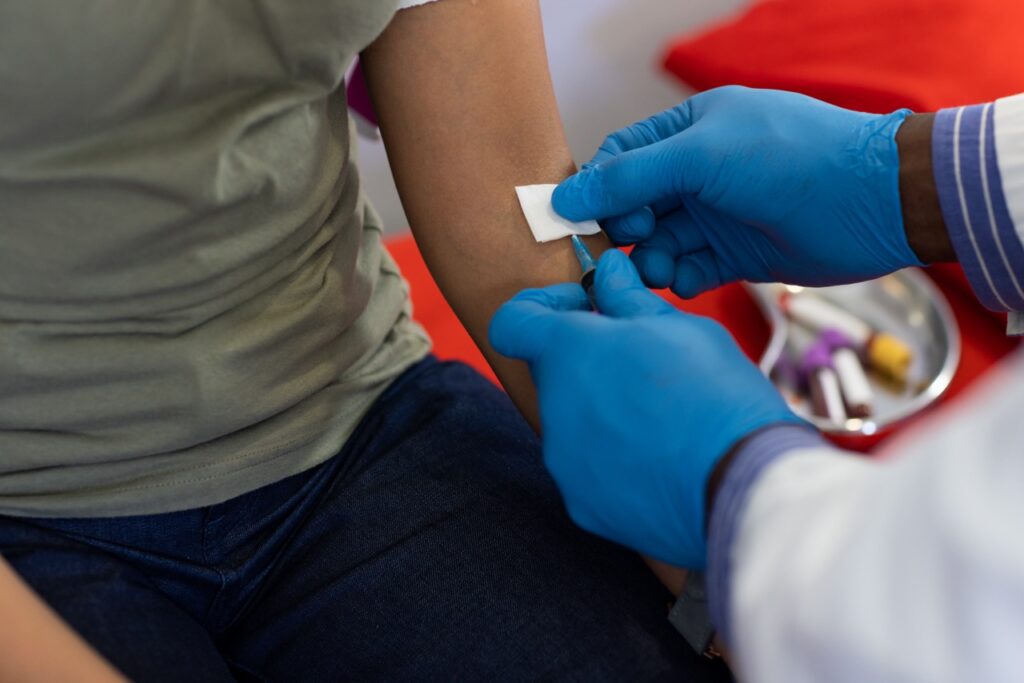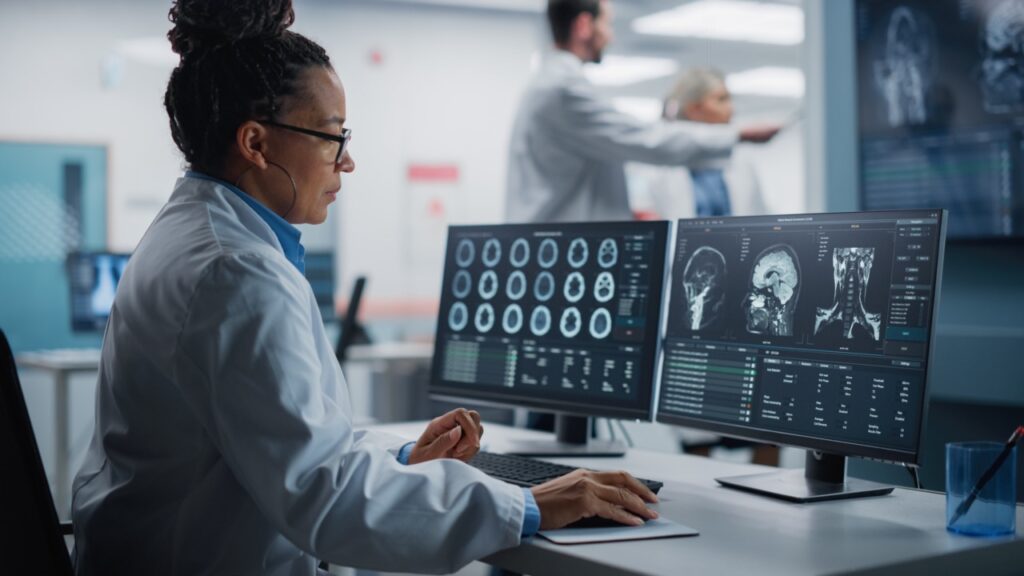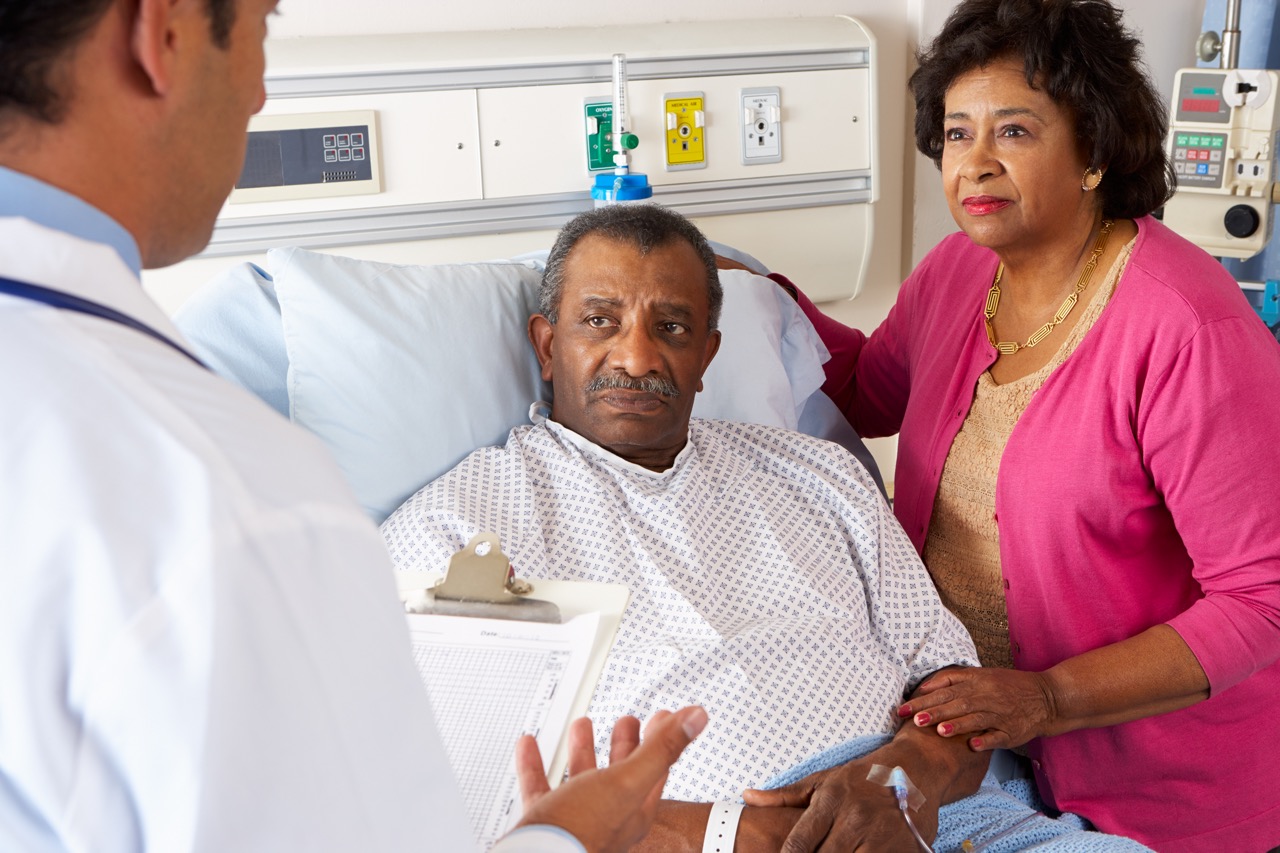There are different stages in the donor assessment process which can take anything from
three to seven months to complete. Most hospitals usually let you know in advance your
appointment times for the different stages, including how long they may take. This makes it
easier to plan and book time off work.
The five stages of the process may vary depending on the hospital or transplant centre.
- Initial Discussion
- Medical Tests
- Consultant Nephrologist, Review
- Consultant Transplant Surgeon Review
- Independent Assessor Appointment

Initial discussion
You will be asked to provide the nurse with a brief medical history i.e. vaccinations, number
of children, allergies and any recent medical issues. You will also be asked to sign a consent
form allowing the hospital to contact your doctor for other relevant medical information.
Medical tests
These are the medical tests to determine if you are medically suitable to donate a kidney.
Having a compatible blood group and tissue match is not enough. These tests are:
- Glomerular Filtration Rate (GFR), this measures how well the kidneys filter your blood.
- Electrocardiogram (ECG), this traces the electrical rhythm of your heart.
- CT Angiogram Renal Scan, this takes pictures of your insides to check the number of
kidneys you have, their size, structure and the number of blood vessels attached to each
one. - X rays of the chest and abdomen
It is a long day, starting in the morning and finishing late afternoon. A lot of people find it
helpful to have someone with them for company.

Consultant Nephrologist, review
Once your tests are complete the living donor team will discuss your assessment and review
your tests. This allows the surgical team to give careful consideration to your suitability. They
also consider the person you are donating too. You will be called in for an appointment to
review your tests with a nephrologist (a doctor who specializes in kidney disease).
During this appointment the consultant nephrologist will review the results of your medical tests. At
this stage you will know if you are able to donate, need to go for more tests, or not a suitable
donor.
Consultant Surgeon, meeting
At this stage, you will meet the consultant surgeon; they will confirm your final suitability to
donate. The consultant will provide you information about other tests, the operation,
recovery, medication and follow up once you are discharged from the hospital.
Independent Assessor, appointment
At this appointment you will meet someone who is not involved in the assessment or care of
potential donors. They have been trained in the legal aspects of organ donation, and no
living donor transplant can take place unless they are satisfied that donors are not being
coerced or paid to donate.
It is important that potential living donors are aware that regardless of what stage they are in
the process, they can withdraw if they change their minds. The living team will always
support you in your decision and it will remain confidential.
It is also important to know that many family members and friends who wish to donate find that they are not able to do so because of health reasons, this can cause a lot of disappointment and distress, and if this happens the team will offer the right support to help you.





